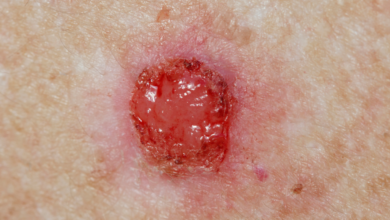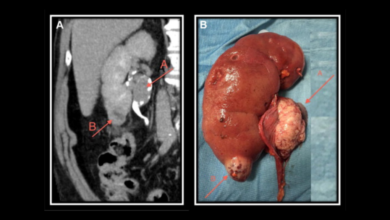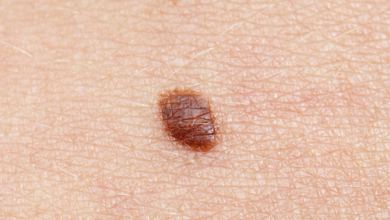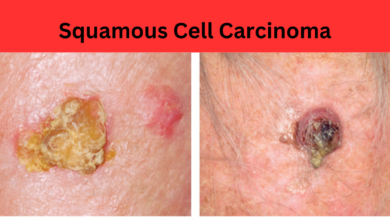Small Cell Lung Cancer: A Serious Type of Lung Cancer
SCLC: Symptoms, Diagnosis, and Treatment Options

What is Small Cell Lung Cancer?
Small cell lung cancer (SCLC) is a type of lung cancer that tends to grow and spread rapidly. It’s often associated with smoking.
Types of Small Cell Lung Cancer
While there aren’t distinct subtypes of SCLC, it’s often classified based on its biological behavior and response to treatment.
Symptoms of Small Cell Lung Cancer
Early-stage SCLC often doesn’t cause any noticeable symptoms. However, as the cancer progresses, symptoms may include:
• Persistent cough
• Shortness of breath
• Chest pain
• Hoarseness
• Weight loss
• Fatigue
• Loss of appetite
• Blood in sputum
Causes of Small Cell Lung Cancer
The primary cause of small cell lung cancer is smoking. Exposure to secondhand smoke and certain occupational exposures may also increase the risk.
Who Can Suffer from Small Cell Lung Cancer?
Anyone can develop small cell lung cancer, but it’s more common in smokers and those exposed to secondhand smoke.
Diagnostic Tests for Small Cell Lung Cancer
To diagnose small cell lung cancer, a doctor may use a combination of tests, including:
• Chest X-ray: To identify abnormalities in the lungs.
• CT scan: To get a more detailed image of the lungs.
• PET scan: To detect cancer cells that have spread to other parts of the body.
• Bronchoscopy: A procedure to examine the airways using a flexible tube with a light and camera.
• Biopsy: A small tissue sample is removed and examined under a microscope to confirm the diagnosis.
Stages of Small Cell Lung Cancer
The staging of small cell lung cancer helps determine the extent of the disease and guides treatment decisions. The most common staging system is the TNM system, which considers the size of the tumor (T), the spread to nearby lymph nodes (N), and the presence of distant metastases (M).
Treatment of Small Cell Lung Cancer
The treatment for small cell lung cancer typically involves a combination of therapies, including:
• Chemotherapy: The primary treatment for small cell lung cancer.
• Radiation therapy: May be used to shrink tumors or relieve symptoms.
• Immunotherapy: May be used in certain cases to boost the immune system’s ability to fight cancer cells.
Diet and Small Cell Lung Cancer Prevention
While a healthy diet can contribute to overall health and reduce the risk of other health problems, it cannot directly prevent small cell lung cancer. The most effective way to prevent small cell lung cancer is to avoid smoking.
Diet and Small Cell Lung Cancer Prevention
While a healthy diet can contribute to overall health, it cannot directly prevent small cell lung cancer. The primary risk factor for small cell lung cancer is smoking.
Overall Survival Rate of Small Cell Lung Cancer
The overall survival rate for small cell lung cancer is relatively low. However, early detection and aggressive treatment can improve the prognosis.
Doctor to Consult
A pulmonologist or a thoracic oncologist is the best doctor to consult for small cell lung cancer.
Diseases Associated with Small Cell Lung Cancer
Small cell lung cancer is primarily associated with smoking. However, exposure to secondhand smoke and certain occupational exposures may also increase the risk.
How to Prevent Small Cell Lung Cancer
The most effective way to prevent small cell lung cancer is to avoid smoking. Additionally:
• Avoid secondhand smoke: Exposure to secondhand smoke can increase the risk of lung cancer.
• Limit exposure to air pollutants: Exposure to air pollution and other environmental pollutants can increase the risk of lung cancer.





